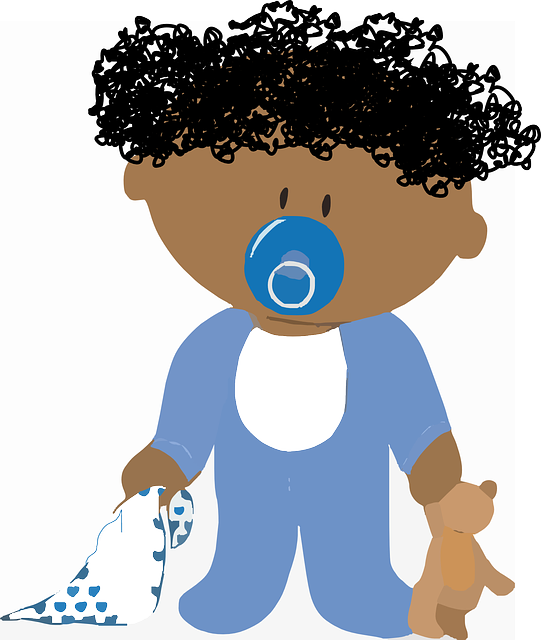Parents often wonder if giving their child a pacifier will negatively impact their speech and language development. Overuse of pacifiers has been associated with conditions that are considered risk factors for speech and language issues, such as a higher incidence of ear infections and dental problems. Prolonged sucking on a pacifier beyond 24 months may cause the palate, gums, and teeth to develop atypically. Alterations in tongue and teeth positioning may change the way a child is able to make certain sounds, thereby delaying their speech development.
However, use of a pacifier with newborns can help with calming, pain management and sleep. Some studies have suggested that use of a pacifier during sleep reduces the chances of sudden infant death syndrome (SIDS) (RY Moon et al. 2012). The American Academy of Pediatrics (AAP) recommends pacifier use for up to 6 months at sleep times to help reduce the risk of SIDS. If breastfeeding, wait to offer a pacifier until a baby is 3-4 weeks old, when breastfeeding is well established.
Why is it important to avoid using a pacifier when babies and toddlers are awake? In order to learn to speak, children require practice. For babies, ‘practicing’ means spending lots of time babbling, and moving their lips, tongue, and jaw. If babies have a pacifier in their mouth for prolonged periods of time, they won’t have as many opportunities to do that. Once using words, talking ‘around’ the pacifier affects correct articulation and clarity. One study, Barbosa et al. (2009) found that there was an increased likelihood of teeth malformation affecting speech sound development for children who used pacifiers past age 3.
Most babies will use sucking as a soothing method. They have a natural urge to suck, which usually decreases after the age of 6 months. You can help your child begin to develop other calming strategies, since prolonged use of a pacifier may result in the pacifier becoming a habit and therefore more difficult to wean.
If used appropriately, pacifiers are not likely to impede speech and language development. Here are some guidelines to keep in mind:
– Try to limit your baby’s use of pacifiers to sleep time only, especially after 6 months of age.
– Wean from the pacifier after 6 months (when the risk of SIDS drops) and before 18 months (when speech and language development is occurring rapidly).
– Find alternatives when your child needs soothing, such as rocking or cuddling, giving them a comfort object (blanket, stuffed animal), playing music, or distracting with play.
– Limit pacifier use if your child has a history of recurrent ear infections.
– Use an appropriately sized pacifier. Pacifiers are sized based on your baby’s age.
– Use pacifiers that are rounded on all sides. This helps babies keep their tongue in a more natural position when sucking. Philips AVENT Soothie and Evenflo Feeding Balance are examples of this style of pacifier.
Get a Free Online Assessment
Looking for an expert opinion on your child's needs? Fill out a 3 minute questionnaire and receive a personal evaluation from our staff




